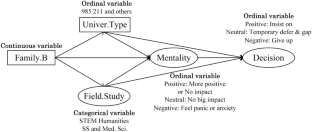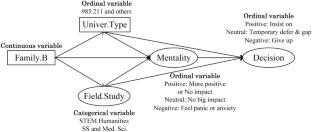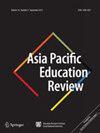Will COVID pandemic intensify the inequality in transnational education participation?
Abstract
The expansion of student international mobility has been discussed increasingly with respect to concerns about social inequality. The outbreak of the COVID pandemic has exacerbated the risks of studying abroad. Due to the differences in the ability of students from different social backgrounds to cope with risks, the inequality of opportunities for studying abroad may further expand. Based on the survey of 1256 college graduates between January and March 2021, this study analyses the impact of family background on the choice of studying abroad under the background of the epidemic. The research shows that the inequality in transnational education participation has been intensified by the pandemic. Findings of mediation analysis suggested that family background has powerful influences on students’ willingness to continue with their overseas study plan after the pandemic. It shapes students’ decision on whether go abroad or not directly, via their mentality of the pandemic, and through their past educational choices (field of study) and attainment (university type). Our study provides a more nuanced understanding of the way how COVID pandemic affects students from different backgrounds.



 求助内容:
求助内容: 应助结果提醒方式:
应助结果提醒方式:


